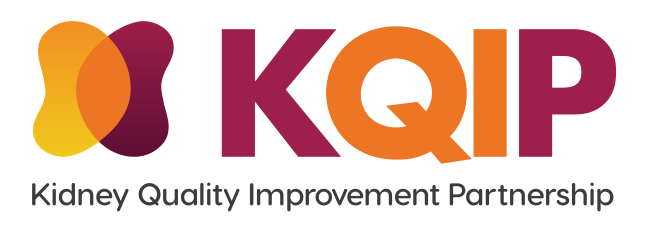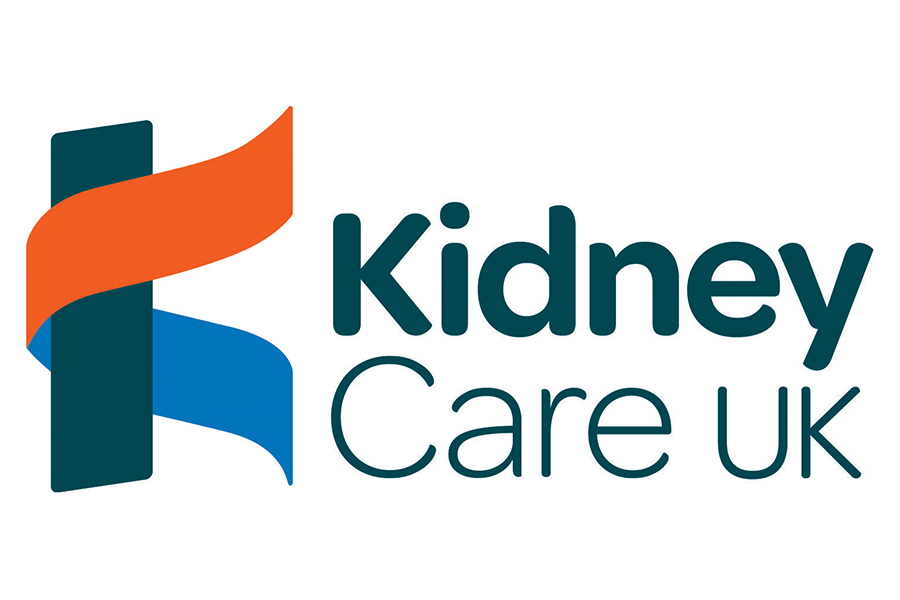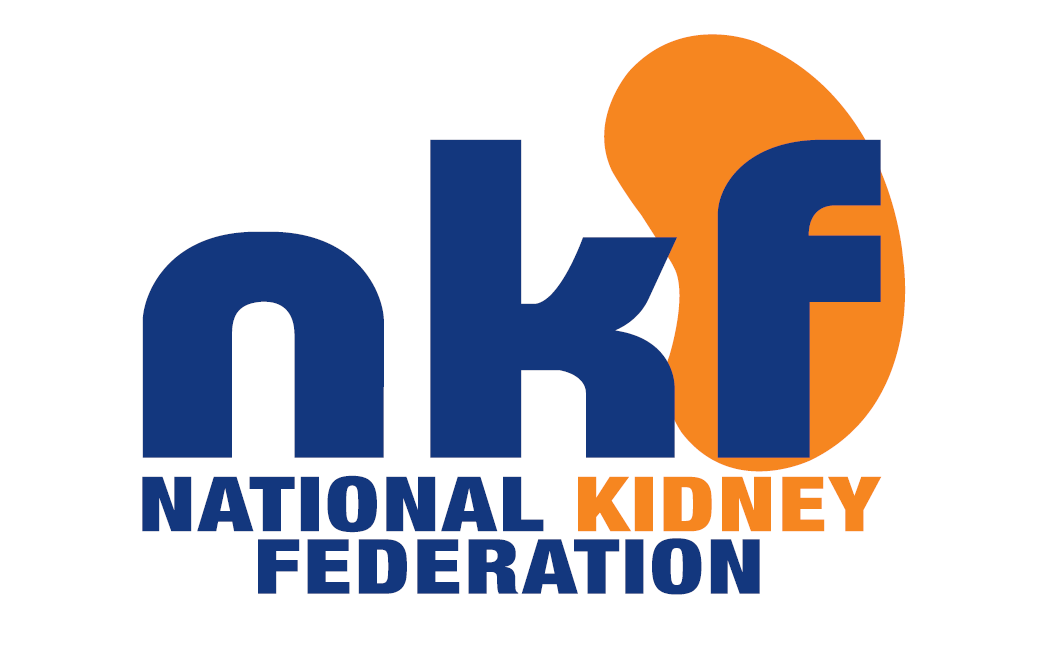Implementing an unplanned peritoneal dialysis (PD) start pathway
University Hospitals Birmingham
Quality Improvement Leads: Lavanya Kamesh, Consultant Nephrologist, Asra Karim, Renal Specialty Doctor
Aim: Increasing uptake of peritoneal dialysis in unplanned starters in a large tertiary centre
Introduction
Unplanned initiation of dialysis in end stage renal disease is common (up to 40%) both in “late presenters” (people who are known to renal services less than 90 days before needing renal replacement therapy) and in “early presenters” (known to the renal services more than 90 days before needing renal replacement therapy).
Whilst immediate start on peritoneal dialysis (PD) is ideal, patients may undergo a period of haemodialysis (HD) before considering switch to PD. HD can often become the default mode that patients continue as their modality. In 2017, for our unit, there was only a small increase in patient numbers with PD as the modality at three months from time of initiation of dialysis (22.0 to 24.9% UK Renal Registry data).
DAYLife is the KQuIP improvement project that was launched across the Midlands in Jan 2019 with the aim of improving the quality and uptake of home dialysis. We took this opportunity to augment the unplanned start pathway, facilitating the process of referral from acute presentation to catheter insertion and establishment on PD, to increase the uptake of PD in unplanned starters.
Our new unplanned PD start pathway
Methods
We implemented an “Unplanned PD start “pathway to facilitate the process of referral system from acute presentation to catheter insertion and establishment on PD. The PD team networked and established links with staff working on the wards and in the inpatient HD unit. Particular emphasis was made on raising awareness and staff education.
Promoting PD - the 'pop-up' effect
Result
There was an increase in the number of patients starting on PD from 84 in 2018 to 109 in 2019. In 2019 we received 52 referrals and 22 patients opted for PD. 21 of them started on PD, 3 patients received a transplantation and 18 were maintained on PD >12 months.
Using the KQuIP initiative, we have identified three important measures that would help to sustain the pathway in the long term:
- Weekly presence of the PD team in ward and inpatient HD meetings
- Renal trainee involvement
- Monthly emails that give updates on individual patients in the pathway.
Conclusion
The DAYLife KQuIP project helped us to design a sustainable unplanned start pathway that has been successful in increasing the uptake of PD both in early presenters with sudden decline in renal function and in late presenters.
The DAYLife KQuIP project helped us to design a sustainable unplanned start pathway that has been successful in increasing the uptake of PD both in early presenters with sudden decline in renal function and in late presenters. We have demonstrated that it is possible to facilitate early transfer to PD in patients who have started on HD.
Home therapies could be challenging for late presenters and for these psychologically unprepared patients, a multidisciplinary approach that allows flexibility is the key for successful transition to PD.



